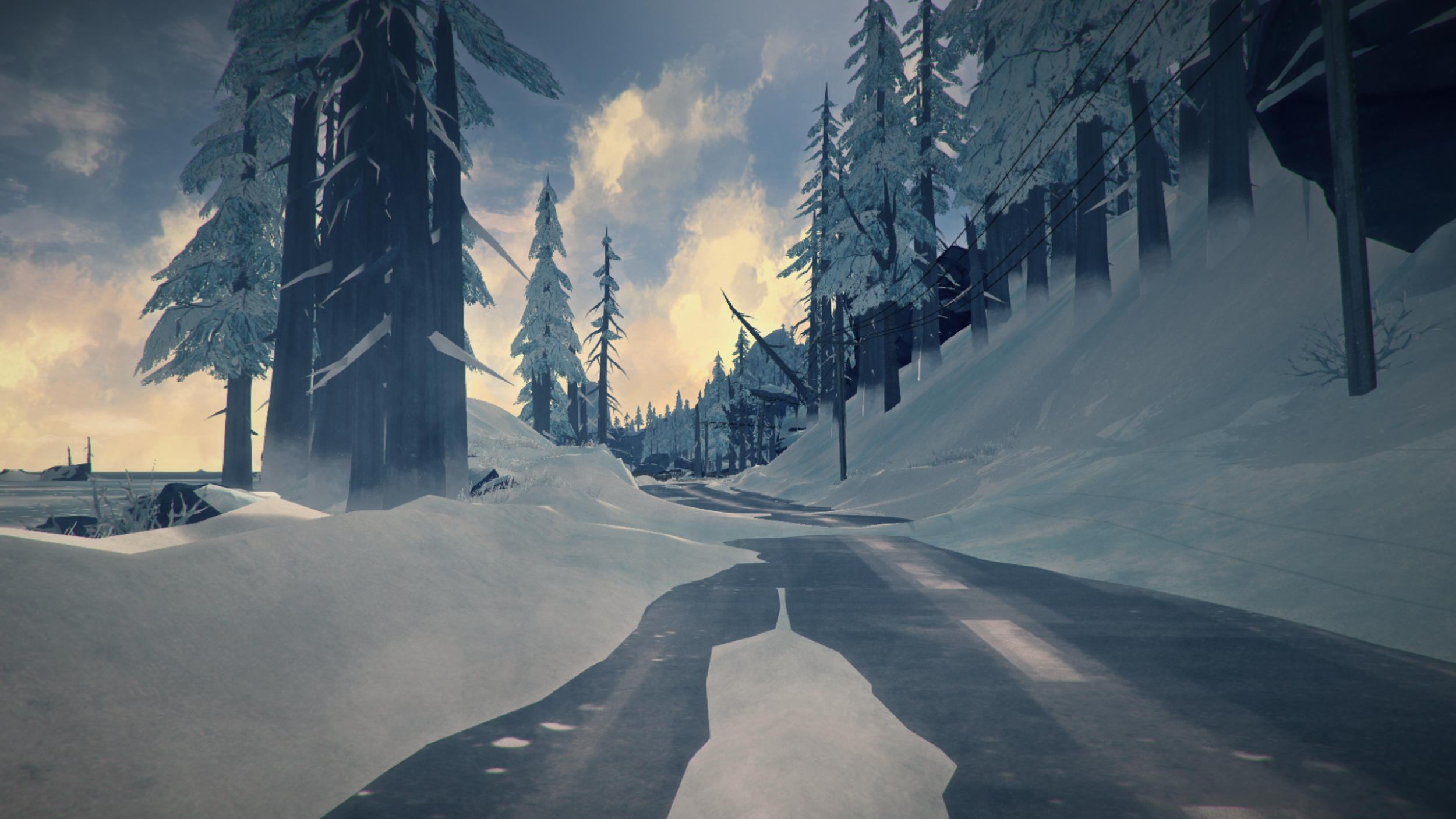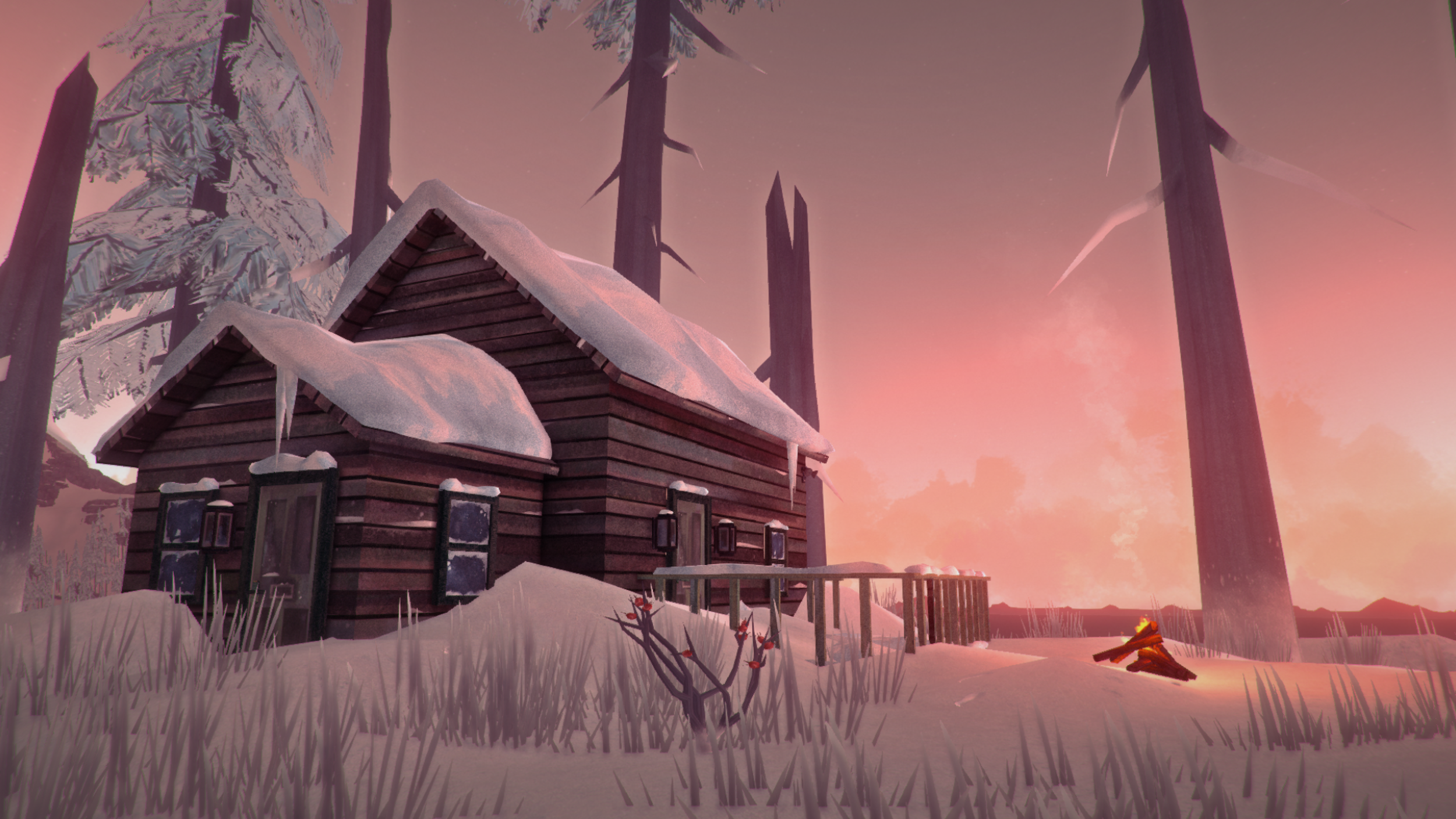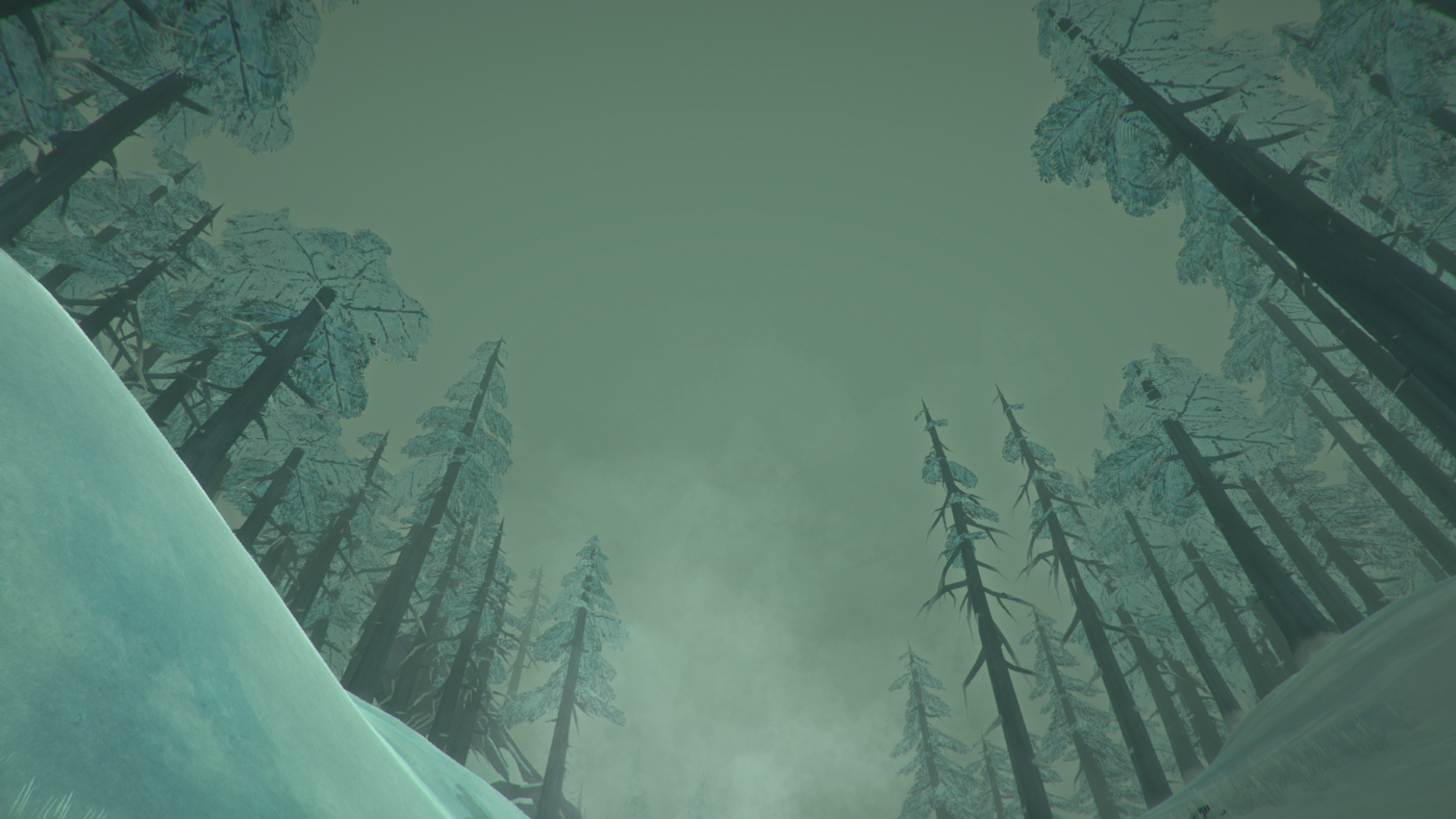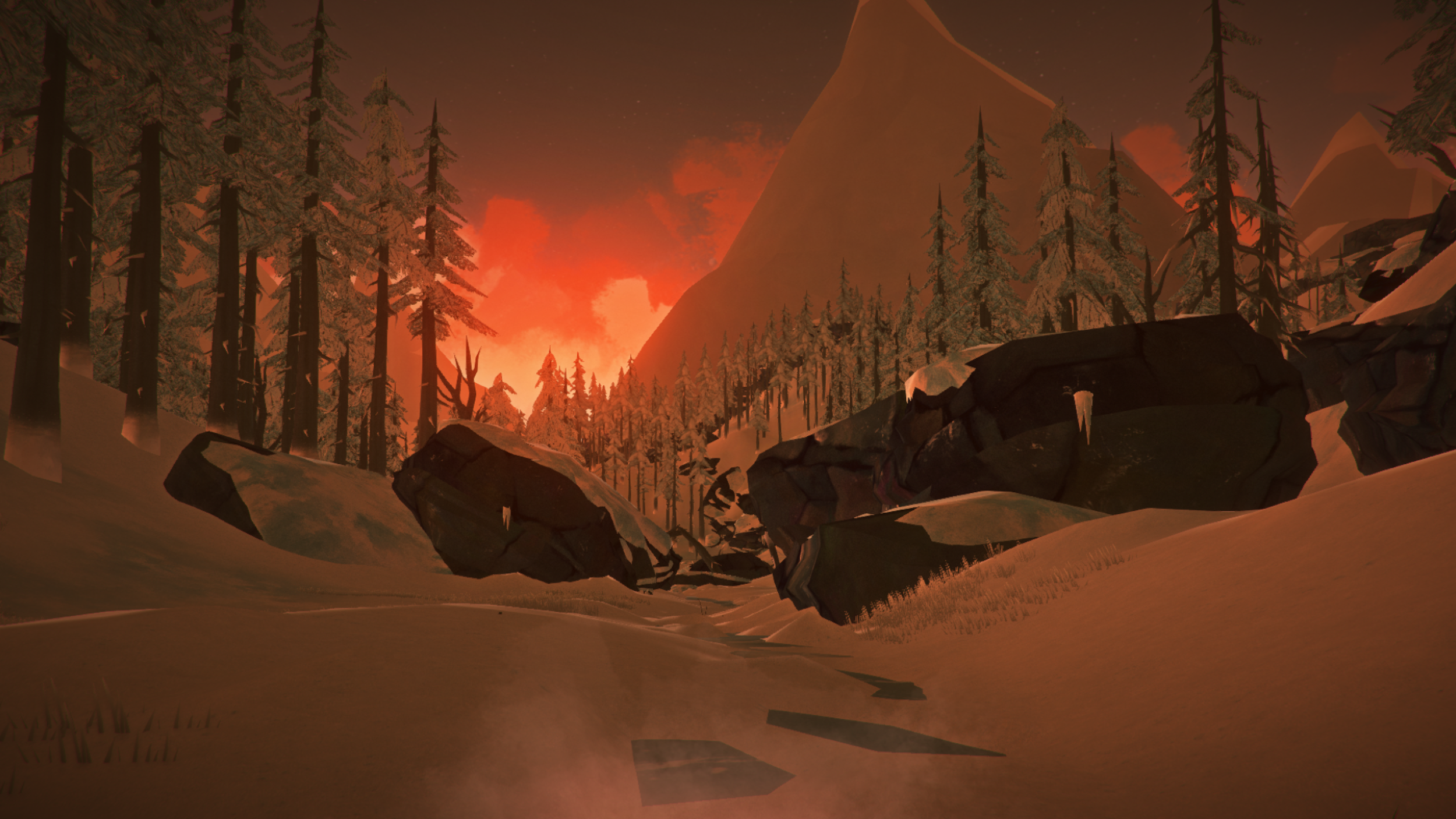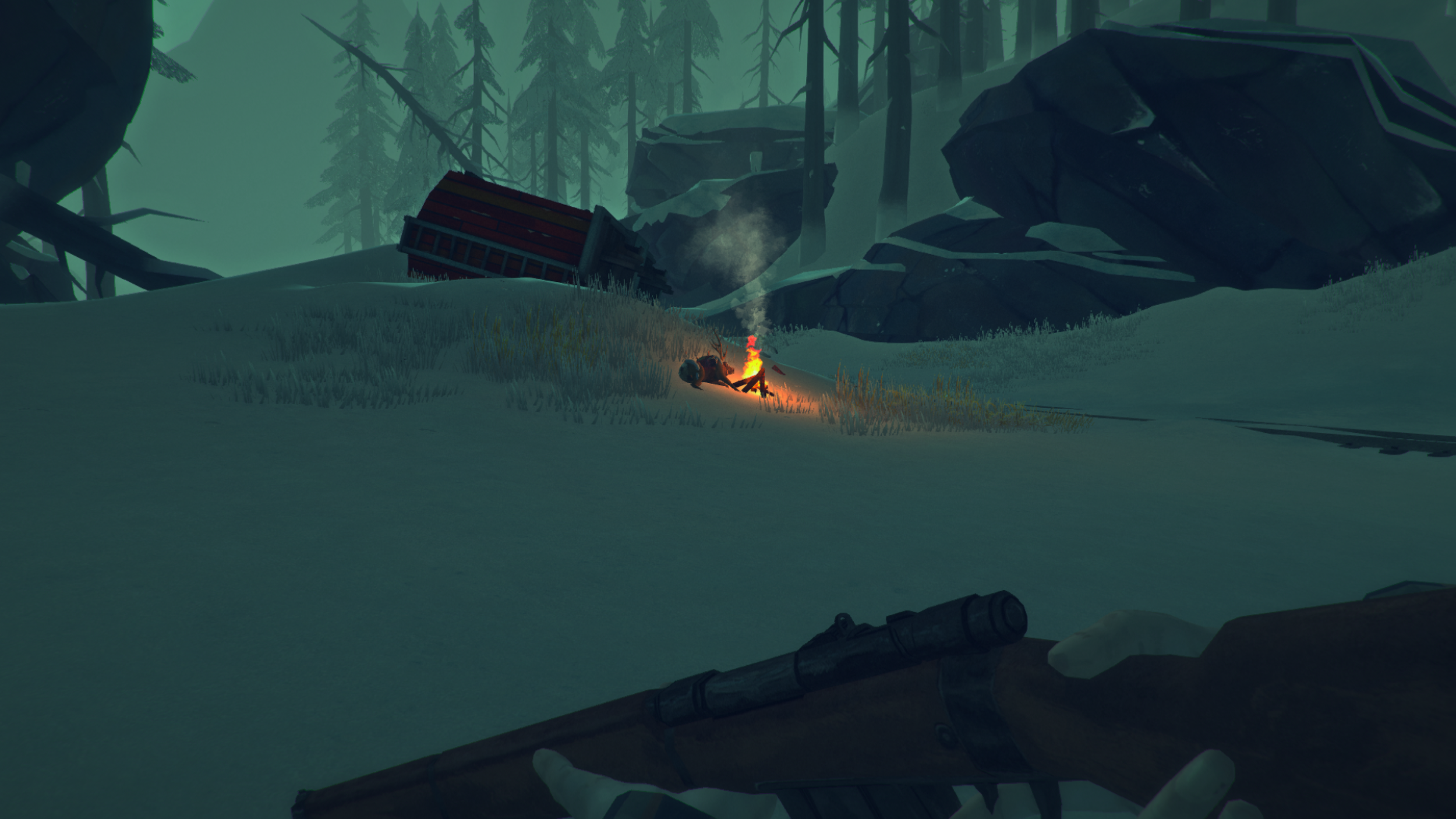Unsolved missing people cases can be vexing for armchair detectives (and anguishing for relatives) because most of them have a distinct lack of clues. In case after case, the same pattern plays out: the person in question vanishes, no evidence of foul play is ever discovered, there was nothing anomalous about their activities prior to the disappearance to explain what happened to them, and no trace of them is ever seen again.
And then there's cases like this, where we have an abundance of clues indicating that something extremely bad happened, but it only deepens the mystery.
On the 8th of August, 2013, then-26 year old Brandon Lawson had an argument with his girlfriend and set off near midnight to drive to his father's house in Texas. Forty-five minutes later, he called his brother to say that he was out of gas and parked on the side of the road. His brother and his brother's girlfriend set off with a gas canister to bail him out.
Unknown to either of them, while they were en route Lawson made a 911 call, and this is where the real mystery starts. Lawson is extremely difficult to make out on the recording of the call--even the 911 dispatcher is having trouble understanding him--but he's obviously in a great deal of distress and asks for the police to come immediately.
This is significant, because Lawson had a warrant for his arrest at the time and seems to have been making some effort to evade the police (when his brother later couldn't find him, he apparently assumed initially that he had moved away from the road for this very reason). The fact that he urgently requested police seems to indicate that he was in an extremely dire situation, potentially one of mortal peril.
The police and Lawson's would-be rescuers arrived at the same time and found Lawson's truck parked somewhat haphazardly. His keys, phone and wallet were missing. Lawson's brother called him again; Lawson answered and said that he was ten minutes up the road and bleeding before the call abruptly cut out. He was never seen or heard from again.
Naturally, a great deal of the amateur sleuthing around this case has gone into decoding the 911 call. Due to a combination of poor audio quality, Brandon's obvious panic and his heavy Texan accent, it's extremely difficult to make out what he's saying, and there are dozens of interpretations. Somewhat unbelievably, the points where the recording are the most garbled appear to be the moments where he's giving the most pertinent information about what the hell is going on. For example, you can pretty easily hear him saying "I'm in the middle of a field" and "my truck broke down", but in between the words are too muddled to make out clearly.
Listening to the call myself, it sounds to me like he's saying something like "a scraper(?) just pushing guys over." "Scraper" obviously doesn't make sense, and I'm pretty sure I'm mishearing that word, but it's been suggested that "pushing guys over" means that Lawson witnessed people being killed by whoever or whatever this "scraper" is. At times in the call it sounds like he's implying there's someone else with him (people have speculated that he may even be talking to someone else at one point), and he seems to state that he "ran into them." The dispatcher takes this to mean that he hit someone with his car, but as there was no sign of this at the scene, it's widely believed that Lawson meant he came upon someone unexpectedly, which led to his current predicament.
Given all of that, the most plausible scenario I can come up with is that Brandon ran out of gas, got out of his truck for whatever reason (possibly to avoid police by hiding away from the road), wandered into some kind of violent altercation, and was abducted or killed by someone trying to shut him up. This would explain why he suddenly stopped talking at the end of the call--he may have been trying to hide from someone.
Granted, searches of the area didn't reveal obvious signs of violence, but the "field" he mentions was apparently a vast hunting area; if he was running from something (he's pretty clearly out of breath), at night, in terror, it's very possible he ended up getting much further from the road than either he or anyone else realized.
But if he did stumble onto something he shouldn't have, what was it? A No Country For Old Men style drug deal gone wrong?
There's a slightly more sinister theory doing the rounds. Remember that word I said sounded like "scraper"? Other people hear it as "strooper" or "staper" and have speculated that this was a garbled version of "state trooper" (I've seen people confidently declare that staper is common Texas slang for State Trooper, only for other people presumably from the state to insist that they've never head the word in their lives, so I don't know). Could that explain why the police never managed to find a body despite extensively searching the area Brandon was thought to last be in? Did he come across a police shooting?
A slightly more plausible idea is that Brandon saw someone he thought was a state trooper (or someone else encountered someone they thought was a state trooper--it's difficult to tell at times if he's talking about something that happened to him, or something that he witnessed happening to someone else) but was actually...I don't know. A member of a drug cartel? A serial killer? Someone in the grip of a really bad case of road rage?
Or maybe he's actually saying "sniper." It could be sniper. Or maybe not. It's kind of infuriating that this entire mystery potentially boils down to the interpretation of a single word.
The bottom line is that there's only so much information you can glean from a recording like this, and eventually you just end up investigating the back of your own mind. People have claimed to hear all sorts of stuff on the call that I can't hear, including gunshots and second voices. If no one has managed to work out what the hell the guy is saying after four years of continuous scrutiny, I don't think we're ever going to. At this point, the only way anyone solves this case is by finding Brandon Lawson, alive or dead.
For what it's worth, my personal feeling is that the guy is dead. One popular theory is that he ran away to escape his legal troubles, but if you were going to disappear specifically to avoid police attention, then making a panicked 911 call in the middle of the night where you beg for the police to come to your aid seems like a strange way to kick it off.
Believe it or not, this isn't the only case involving an indecipherable phone call. We're going to look at another one in our next post--one that will lead us down a rabbit hole of mysterious deaths and disappearances.

